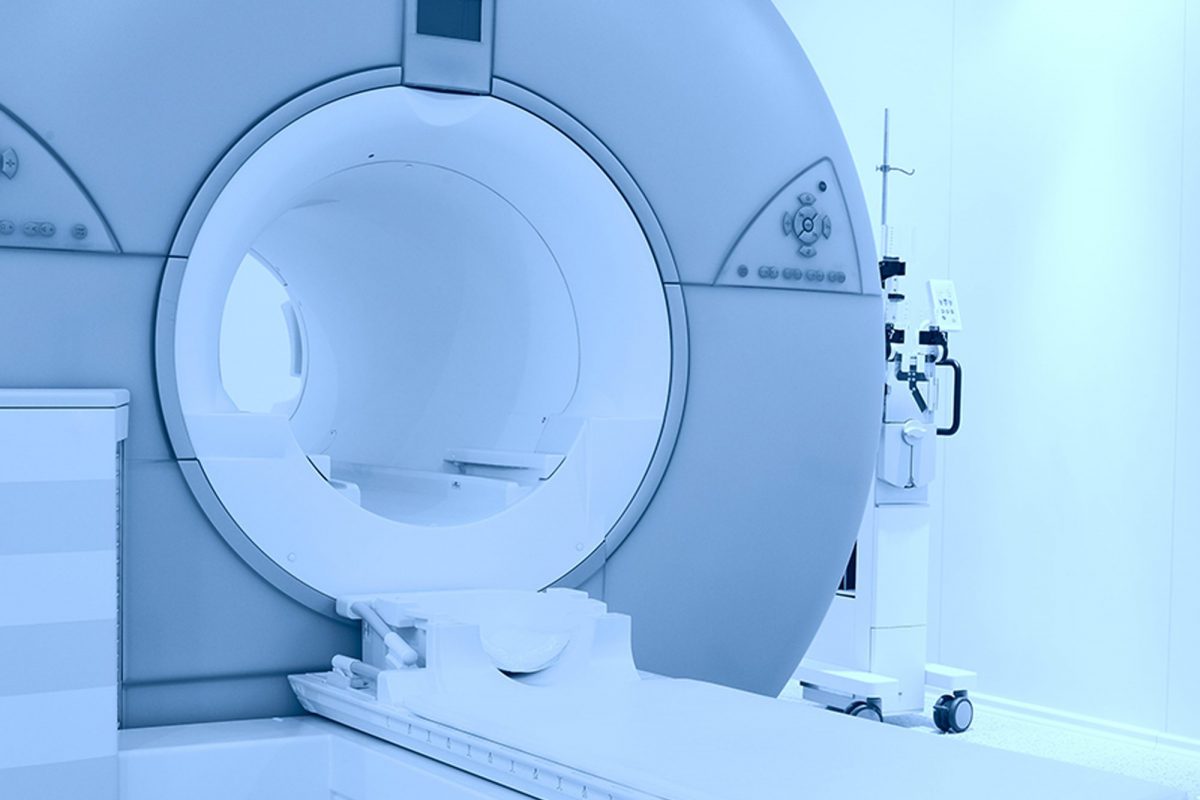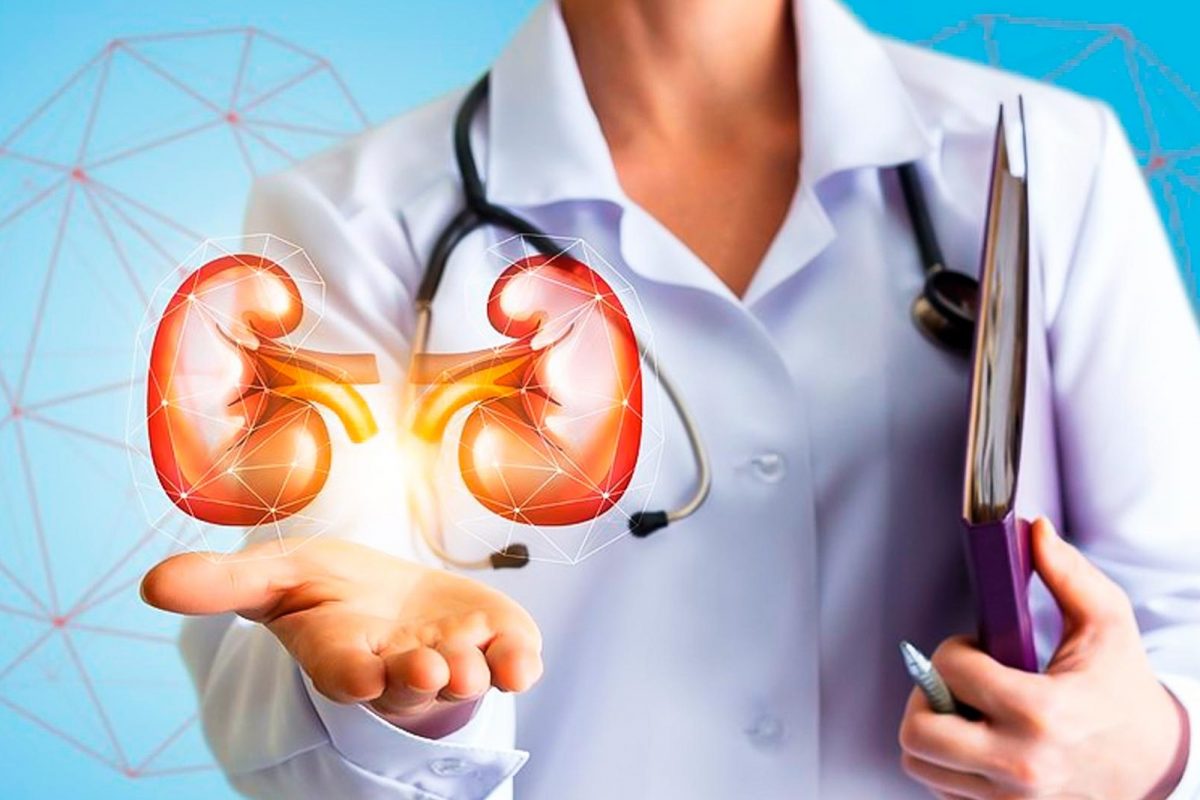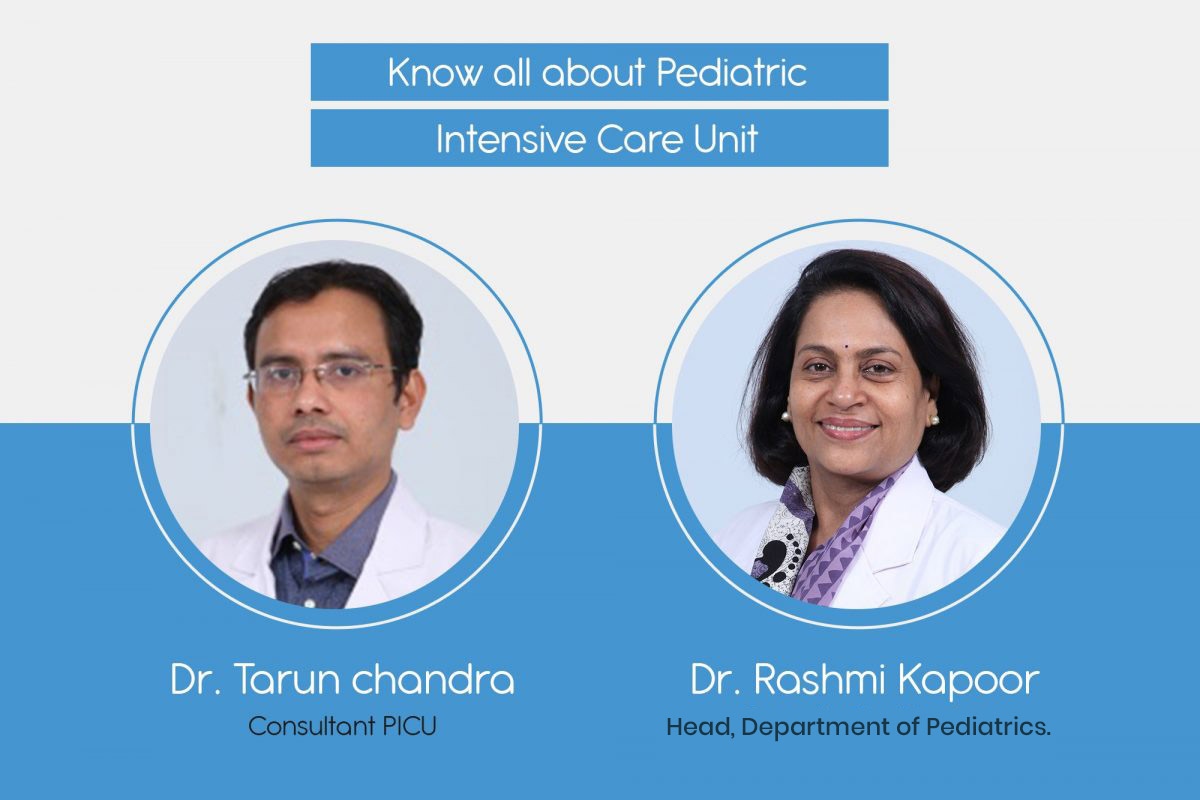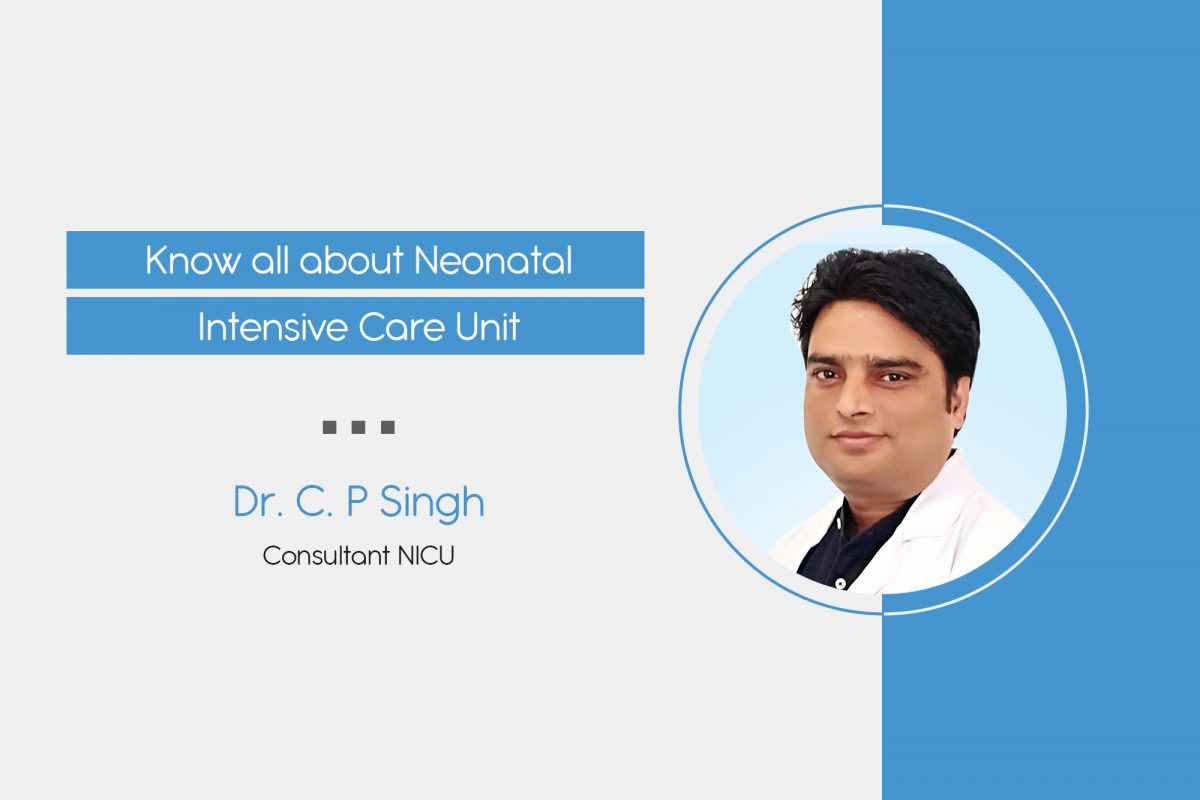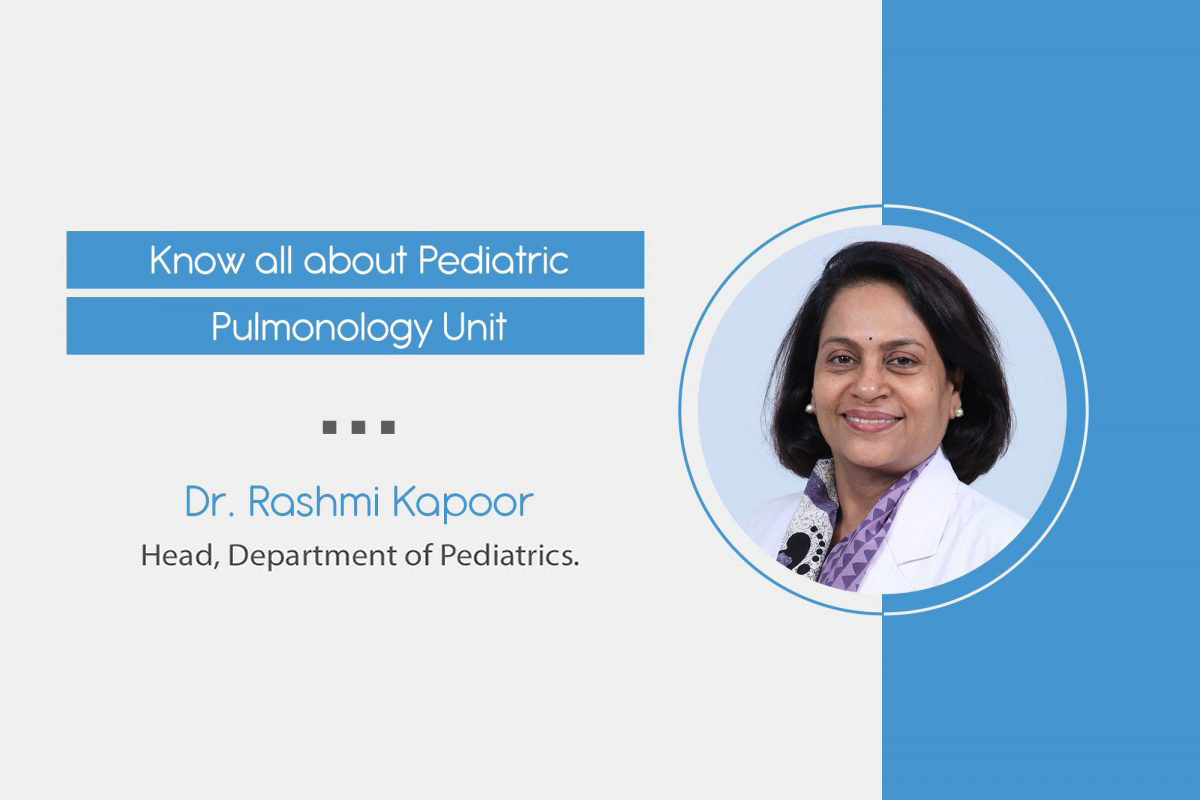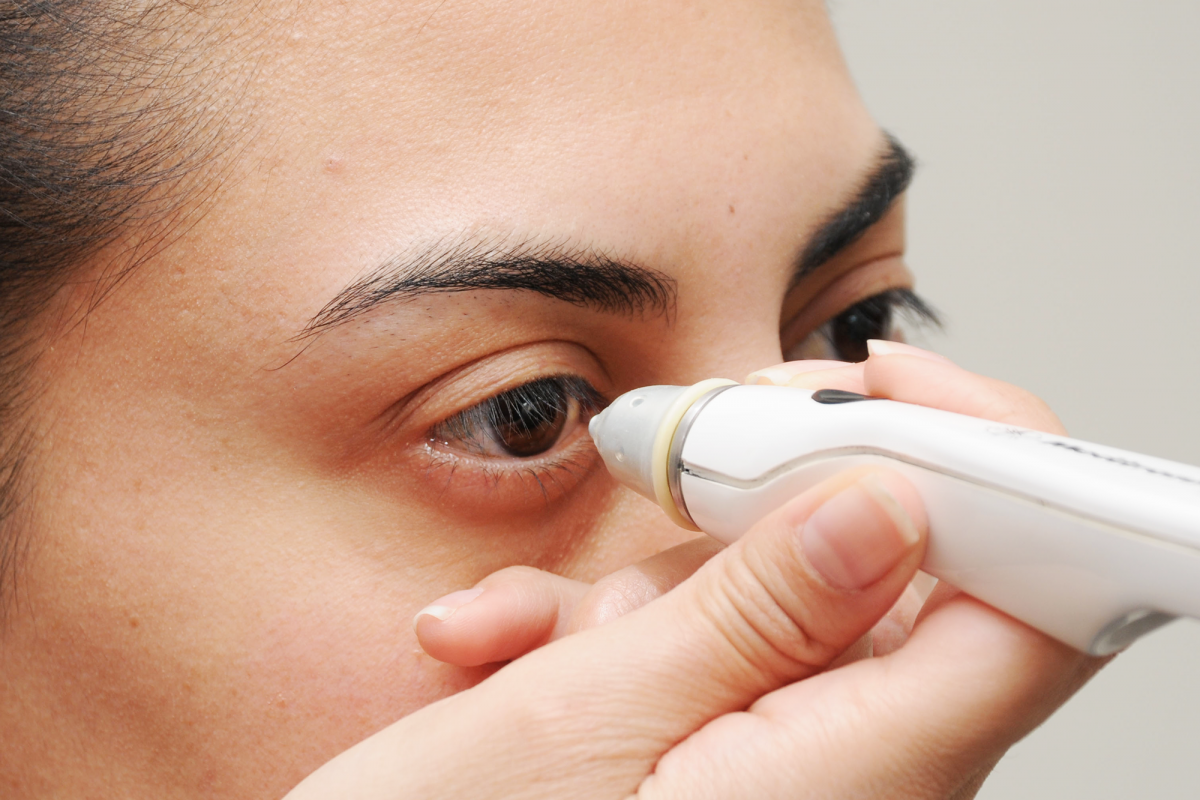While a computed tomography (CT) scan presents a detailed image of tissues and organs inside the human body, a positron emission tomography (PET) scan detects and shows abnormal activity. By combining the two imaging techniques, one can get detailed cancer information, learn its stage, and chart the course of treatment. The hybrid device, pet CT has revolutionized the face of medical diagnosis by the amalgamation of functional information obtained by PET and structural details of CT scans to provide precise and localized results.
Blogs
Nephrolithiasis or kidney stones as it is better known is a disease that is caused when hard deposits made up of minerals and salts are formed within the kidney or urinary tract. While smaller stones of about 5 mm can pass out of the body unnoticed along with urine, larger stones can be quite painful and might require surgery if they become lodged in the urinary tract causing infection or other complications.
Summer is back and so are sultry days and equally dry and hot nights. The pollution and humidity along with the hot wind can make anyone’s skin dry and dull and take away its natural glow. While we don’t forget to stock up on those easy-breezy cotton dresses and light flip flops as an anti-dote to summers, we often forget to refashion our skincare regime according to the needs of the weather. If you wish to avoid the unnecessary breakouts and rashes, then follow these simple ways to keep you skin supple, fresh and glowing all through the summer!
A major field of medical science, diagnostic radiology specializes in diagnosing diseases and injuries using medical imaging techniques, such as x-rays, mammography, computed tomography (CT), magnetic resonance imaging (MRI), and ultrasound.
Pathology is the study of disease. Pathologists are doctors who specialize in pathology and can help determine the cause or causes of a health problem. Pathology tests are performed on samples taken from a patient's body, usually during an examination. The results of these tests are used to diagnose diseases and provide information about how your body works. Pathology tests are also important when you have symptoms that suggest possible diseases but do not meet all the criteria for a specific diagnosis.
The Pediatric Intensive Care Unit at Regency Hospital has one of the best-equipped and staffed units in Uttar Pradesh run by an expert team of doctors who are available 24 x 7 on a rotation basis to care for sick pediatric patients. The department is managed by highly qualified and skilled team of senior consultants who are available round the clock on rotation basis to ensure that highest standards of care are given.
The department is managed by highly qualified and skilled team of senior consultants who are available round the clock on rotation basis to ensure highest standards of care. We have reputed Pediatric surgeons available round the clock. In addition, we have a Lactation counsellor so that mothers can breast feed the babies adequately. Services of occupational and physio therapists, who are specially trained in neonatal care are also available. The unit is also staffed with well trained, skilled and experienced nurses who form the backbone of our services.
One of the most common causes of mortality all over the world, cancer has spread across all demographics, age, and gender. It is estimated that 2.25 million people in India are diagnosed with cancer every year, and over 7,84,821 people die of cancer every year. Research studies have proven that certain changes in lifestyle and diet can greatly reduce the risk of cancer.
Cares for patients with Chronic Cough, Atypical under five wheezes, difficult-to-control Asthma, foreign body aspiration, Tuberculosis with complications, Drug Resistant Tuberculosis, Recurrent and Persistent Pneumonia, Interstitial Lung Disease, Other chronic lung diseases
Affecting millions, glaucoma is the second leading cause of blindness around the world, according to the World Health Organization (WHO). Glaucoma is an eye disease that can damage your optic nerve, which is responsible for supplying visual information to your brain from the eyes.

 Call-an-Ambulance
Call-an-Ambulance
